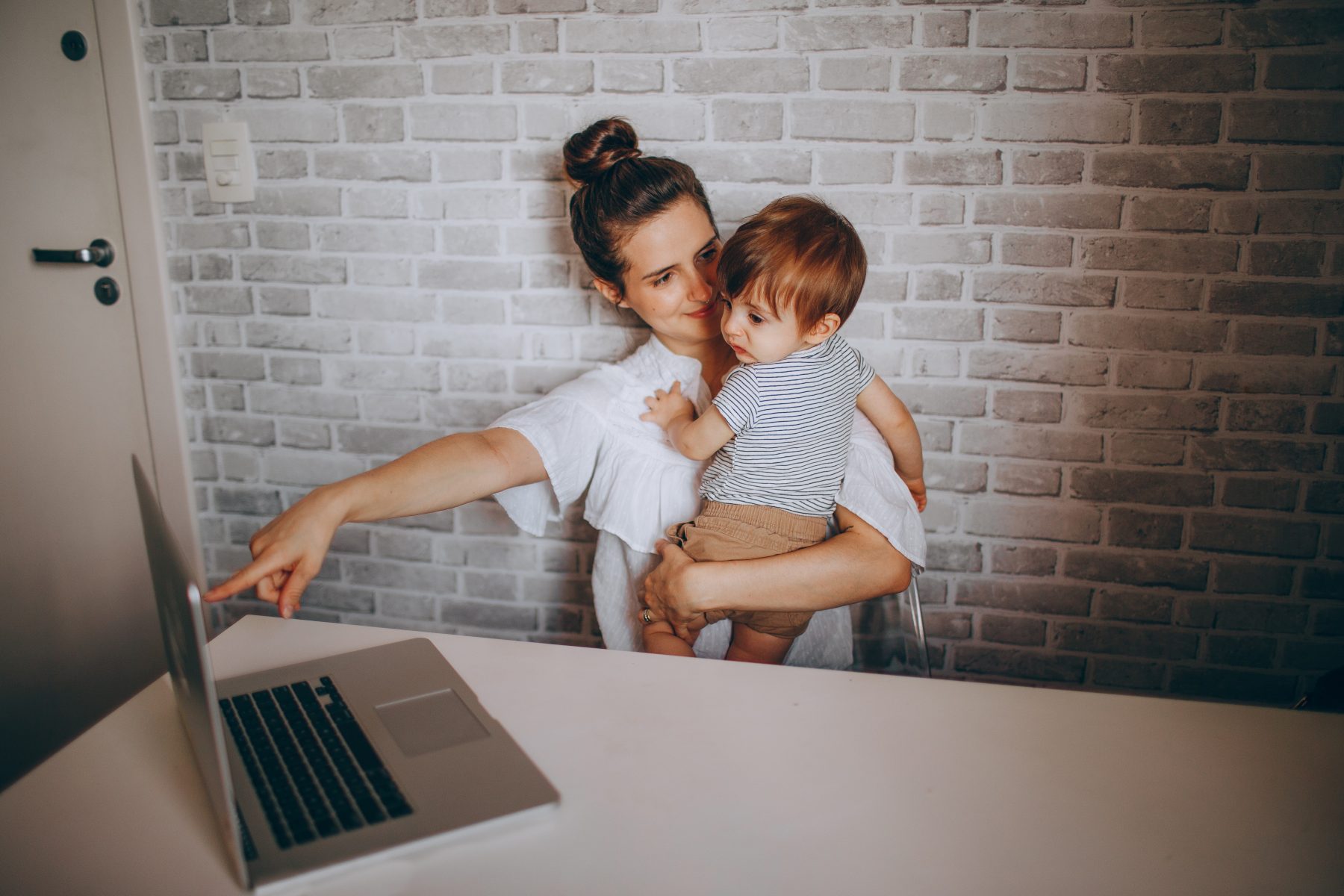Too much screen time is delaying school readiness, researchers warn

A study of more than 100 preschool directors has found that an overuse of screen time, in the absence of quality play experiences, is substantially impacting children’s development, putting them behind peers who have had experiences which prioritise play and reading.
The new research, conducted by the University of South Australia (UniSA) shows that modern lifestyles ”are influencing our young generation’s prevalence of developmental delay.”
Preschool directors report a surge in children with greater needs, who arrive at preschool in desperate need for early childhood interventions such as occupational therapy, speech pathology and physiotherapy, which they partially attribute to changes in screen consumption in recent years.
In South Australia, where the research was undertaken, nearly 22 per cent of children are considered to be developmentally vulnerable, where they display a much lower than average ability in competencies such as physical health, behaviours, emotional maturity, language or communication.
Those rates, UniSA’s Dr Kobie Boshoff said, could be improved by reducing children’s screen time and replacing it with more developmentally appropriate playtime, allowing children to develop core school readiness skills such as concentration and social interaction.
Far from being just about name and letter recognition, or basic numeracy skills, school readiness encompasses social skill development, problem solving abilities and self-regulation.
With one in four South Australian children “missing the mark” researchers say an awareness of the issues caused by a reliance on screen time in the years before school is vital for all Adelaide families and children, but especially so for families living in rural and low socioeconomic areas, where the risk of developmental delay is known to be statistically higher.
Current health guidelines for children aged between two and five years recommend no more than one hour of screens per day, which includes television, computers and smart devices.
Rather than banning screens altogether, Dr Boshoff said, “there has to be a balance, and we must educate parents about the adverse effect of too much screen-time on children’s development.”
Instead of time spent engaging with a screen, children should be spending time riding scooters, being outside, or playing with traditional toys such as blocks, cars, or puzzles – aspects Dr Boshoff described as being part of a balanced, healthy lifestyle which incorporates weekly time for physical activity, positive play time with parents and peers and one which allows children time to develop independence in their daily routines.
“Providing this support is vital to ensure that children have a positive experience of the early years of school and that strong foundations for learning occur from day one.
“We do need to support our children to make most use of their learning opportunities and if we can get the message out that we all, as a society, need to look out for how our modern lifestyles are influencing our children’s development, then perhaps we will start seeing some positive change”.
For more information on screen time in the early years, please see here.
Popular

Quality
Practice
Research
Crayola Creativity Week 2026 launches as research highlights strong link between creativity and confidence
2026-01-06 07:00:35
by Contributed Content

Practice
Quality
Research
The transformative power of affection: How nurturing care shapes early childhood development in Guatemala
2026-01-07 07:00:56
by Fiona Alston

Research
New study finds social dominance preferences emerge in early childhood
2026-01-06 07:30:50
by Fiona Alston














